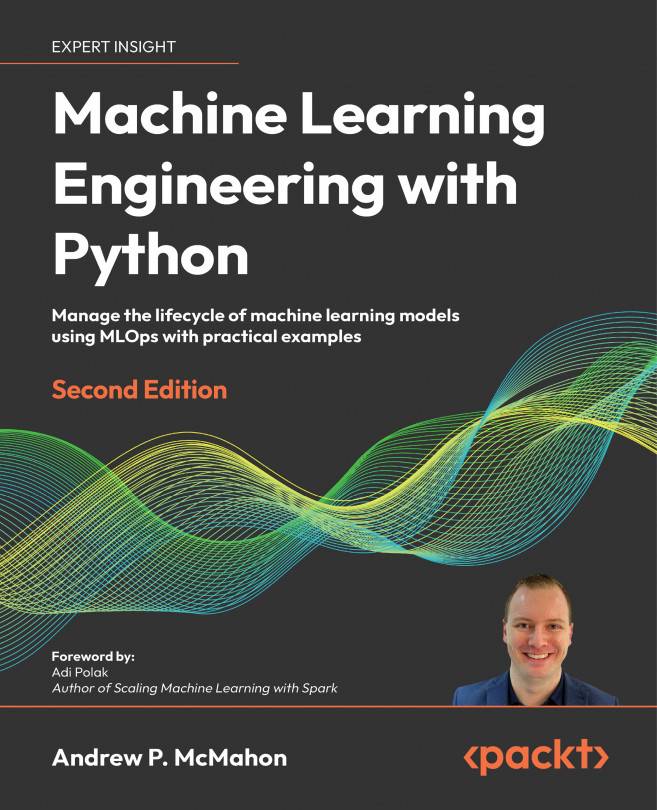Generative AI and large language models (LLMs) such as generative pre-trained transformers (GPT) have transformed the AI landscape - both as creative and as development platforms.
This Artificial Intelligence: Generative AI, Cloud and MLOps (online) course covers workflows for designing and developing autonomous AI agents and systems using cloud, non-generative (classical) AI, generative AI, and MLOps.
There are three main modalities for LLMs:
-
Language (e.g. GPT)
-
Code (e.g. using GPT to generate code)
-
Images (e.g. Dall-E and Stable diffusion)
These modalities transform the overall workflow of developing AI by automating significant elements of the data science workflow.
It is ironic that, of all the jobs AI will affect, the role of the AI developer/data scientist is at the forefront.
This course is designed for anyone who has a technical background and who wants to transition their career towards AI. You are expected to have been a developer at some point in your career (in any coding language). In exceptional circumstances, we can accept people who do not have a development background. Please contact us if you have any questions. We use Python in the course, and we also use GPT to generate Python code for machine learning and deep learning (where applicable).

 An e-copy of
An e-copy of